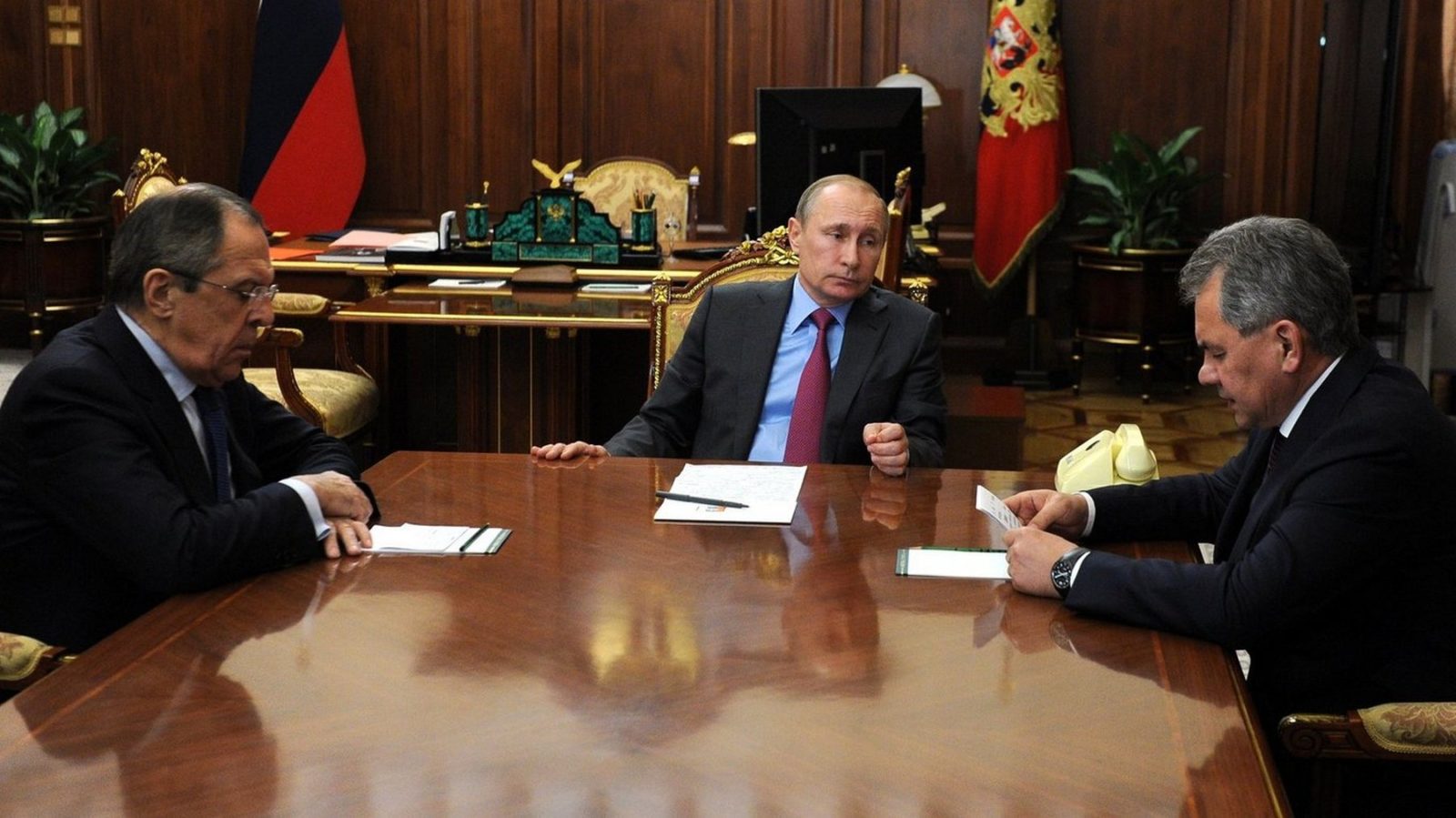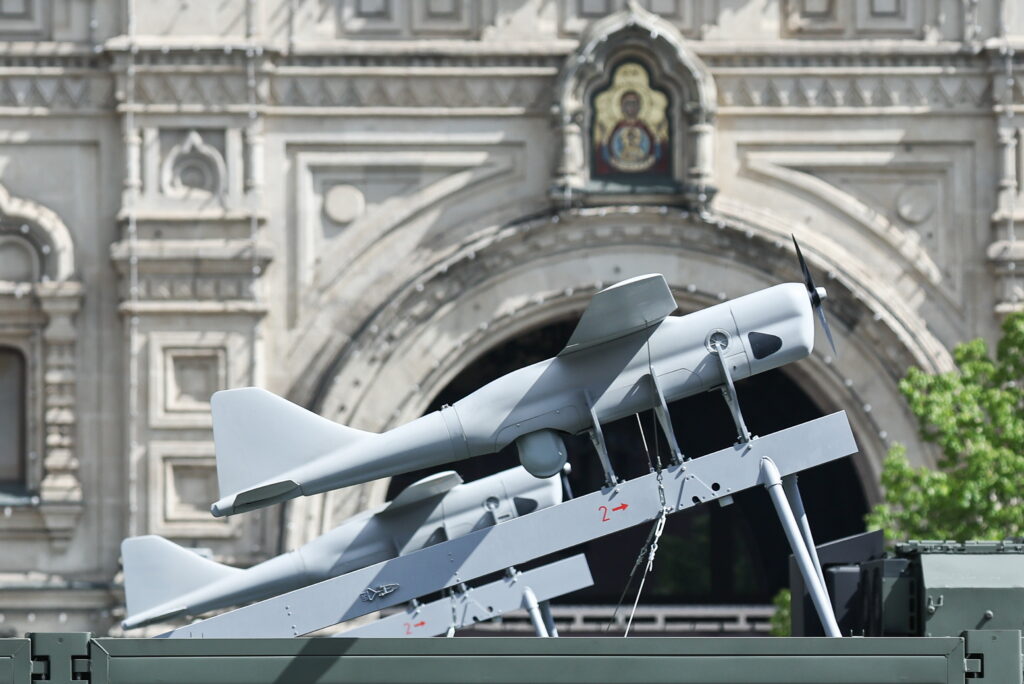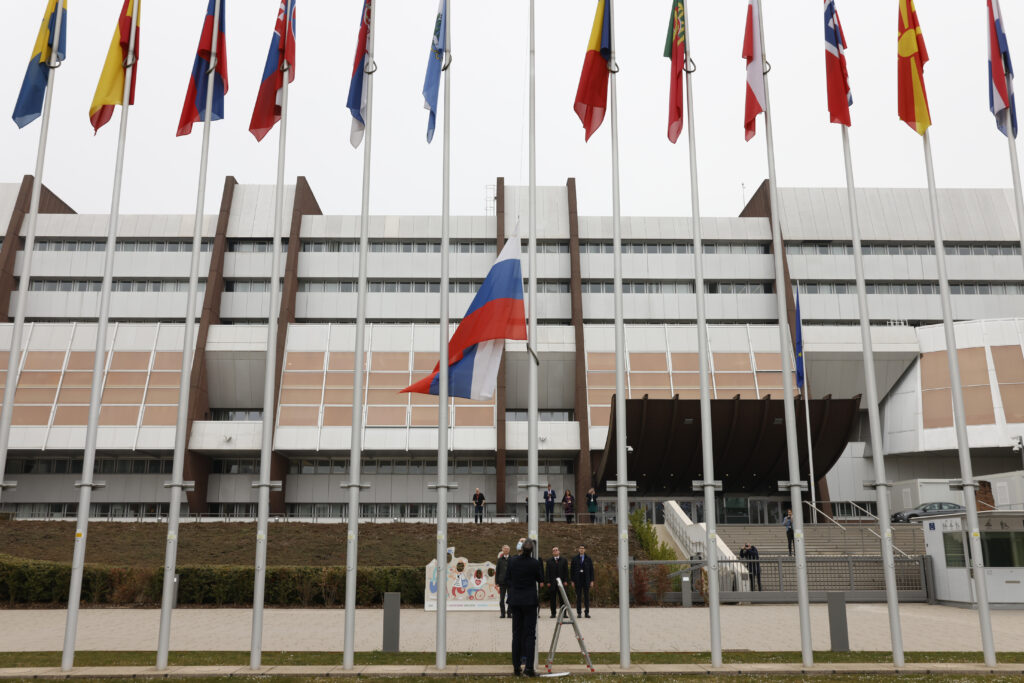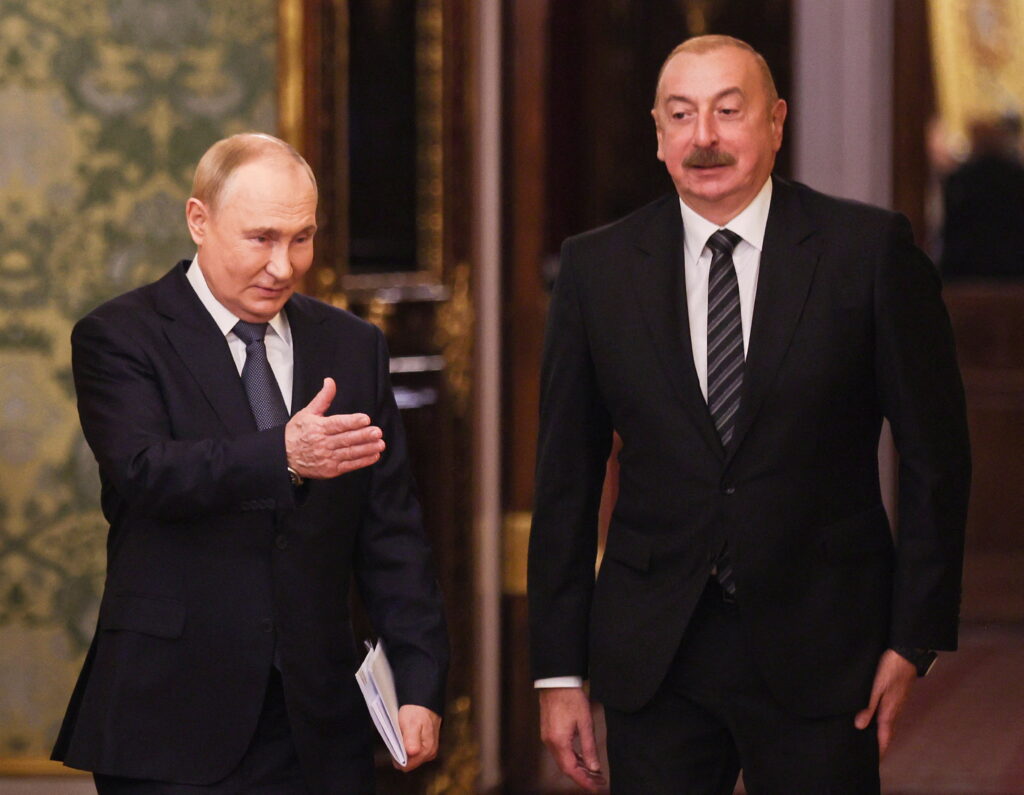There are no exact figures that show a decrease in Russians’ approval of the country’s foreign policy. But fatigue is creeping in indirectly. Discontent with foreign policy popped up in focus-group interviews for the first time two years ago. Participants articulated that Russia was spending too much money on helping other countries, instead of on domestic policy.
The way Russians understand the nature of their country’s foreign policy requires clarification. There is a widespread view that Russia is defending the legitimate government of Bashar al-Assad from terrorists in Syria, helping Russian-speaking Ukrainian citizens in the Donbas and incorporated Crimea with good intentions, and is now building a huge bridge there. Moreover, Russia has to pay pensions to the inhabitants of the peninsula. Russia is believed to be helping other countries, which only generate problems. It costs money that could otherwise have been spent to increase the wages and pensions of ordinary citizens and contribute to improving their living standards.
This way of spending did not cause indignation a couple of years ago. Back then, the widespread attitude to foreign policy boiled down to the following formula: The authorities can do whatever they consider necessary as long as it does not directly affect the population. The incorporation of Crimea and the bombing in Syria filled many with enthusiasm and pride in the country’s resurgent military might (the majority – not all Russians – thought this way). Many were pleased that Russia was re-joining the club of superpowers for the first time since the collapse of the USSR.
However, as economic problems build up, and especially after the announcement of the increase in the retirement age, recurrent critical voices are being heard during focus-group interviews and public opinion polls. First came decreasing interest in foreign policy, fatigue and apathy toward developments in Ukraine (by mid-2015) and Syria (by mid-2016). Next, a critical attitude towards Russia’s participation in these conflicts surfaced. In my opinion, the number of supporters of Russian policy towards Ukraine and Syria should have slightly decreased in recent months, but there are no exact data to prove this.
Unexpectedly, spontaneous discussions about foreign policy popped up during recent group interviews devoted to the upcoming pension reform. The respondents – ‘ordinary’ citizens who are sceptical about opposition political forces – said that the Russian authorities should have revised current budget spending, and taken other steps, before increasing the retirement age. They should also ‘make do with less’, ‘start living within their means’, cut spending on arms, the Donetsk and Luhansk People’s Republics, military operations in Syria and even Crimea. (Earlier, only the most single-minded oppositionists could question the expediency of the incorporation of Crimea.)
According to focus-group interviewees, ‘it probably would not be necessary to raise the retirement age’ if such steps were taken. Russians are well aware that there is no money in state coffers. Still, they would like to know where the money has gone; this is mentioned by respondents more and more often. Such open criticism of geopolitical policy among ordinary citizens could hardly be imagined as recently as a year ago.
Polls have also shown that the president’s disapproval rating has been rising since at least the end of last year. Vladimir Putin is accused of the following: ‘he focuses only on foreign policy, ‘he helps other countries too much’, ‘he spends too much on defence’. In total, such answers were provided by as few as 4% of respondents (which is quite a lot for a question with no prompts). These replies are in tune with the main complaint that the president ‘does little for people’, ‘has forgotten ordinary people’ and ‘does not care about people’, which adds up to 15% of respondents.
Aggressive foreign policy (or ‘independent’, ‘sovereign’ foreign policy ‘conducted by a great superpower’, as it is often labelled by respondents) used to be perceived only positively, as the main achievement of Putin’s presidency. The number of people dissatisfied with Russia’s active involvement in international affairs is gradually growing. People want the authorities to focus on domestic growth and spend money ‘at home’. Foreign policy is increasingly being perceived as one of the main obstacles on the path to the desired development of the country.
Another, although less significant, reason for the growing discontent with foreign policy is the ongoing conflict with the West. People are getting tired of Russia’s international isolation (the proportion of the population that shares this view exceeded half reaching 56%, for the first time in May 2018). Still, it is better when others fear your country rather than ignoring it. Ideally, people would prefer to have friendly relations with other countries, attracting respect and attention. The authorities’ inability to establish a good rapport with the outside world is becoming annoying not only for the avant-garde of the society but also for ordinary citizens.
Anyway, the extent of the discontent and disappointment with Russian foreign policy should not be overestimated. Foreign policy accomplishments are still regarded as the main achievement of Putin’s presidency, and are one of the main reasons for his high approval rating. The growing fatigue and disappointment are not tantamount to repentance, let alone recognition of a need to revise Russia’s role abroad, by the Russian population. There is no insight into these actions, since public television is still the main source of information for the majority of citizens. Although respondents try to convince the moderators of group discussions that they use different sources of information, do not trust TV and ‘read between the lines’, public opinion polls do not confirm this. Most Russians show no interest in alternative interpretations, and the official foreign policy agenda dominates.
Therefore, the population’s wish to see less money spent on escapades abroad does not mean that Russians consider Russia’s actions in Syria, Ukraine or Georgia fundamentally wrong. Even the respondents who are now beginning to doubt whether Crimea should have been incorporated four years ago are not in favour of returning the peninsula to Ukraine. ‘Incorporation is a fact,’ they say. Similar sentiments were depicted in the most recent survey on the Russo-Georgian war from a decade ago; the attitude toward Georgia has improved, although there is no re-examination of the reasons for the conflict, its nature or which party handles unleashing violence in August 2008. Russians continue to blame Georgia and the US.
An abstract wish to establish a good rapport with the West does not in any way affect people’s willingness to make concessions or seek compromise. In public opinion, it is still vital that the other party make the first move. Focus-group interviewees repeat (in line with the opinion expressed by the main stakeholders): ‘We are not the ones who initiated the conflict, so we are not the ones to apologise’. According to the popular view, Russia should ‘have its own way’ and not succumb to pressure from abroad. Addressing the US and Europe from a position of strength is still perceived by the population as the preferred mode of implementing foreign policy. ‘This is the only language the West is able to understand,’ focus-group interviewees explain on numerous occasions.
The global community expects compromise. Russia should show willingness to peacefully settle the Ukrainian conflict, enter coordinated actions in Syria and observe international rules. It is Russia that should make the first move, which is not welcome by the Russian elite or society at large. In other words, growing disappointment with Vladimir Putin’s foreign policy does not bring us any closer to resolving the conflicts that are piling up. A re-examination of Russia’s role in the latest conflicts is needed in order to reach a rapprochement with its current antagonists. Russia should take responsibility for its actions – not an easy task.










